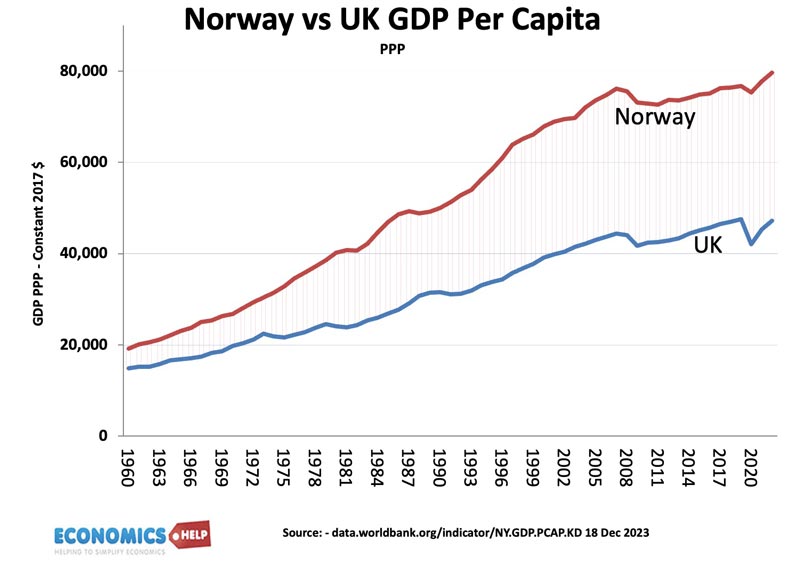There are certain social projects or constructions which serve the public and private sector but are not actually economically viable. This where Mieli is wrong with his dogmatic and extreme views, he needs to be more pragmatic and accept you can't apply the same political beliefs across the board.
Take the UK railways as the perfect example of this, originally it was national and paid for by the government purse. Over the years its gone backwards and forwards after been privatised. The private sector hasn't been able to make it profitable as running such a system and service is very costly. Currently the UK railways are nationalised again which happened several years ago. Tickets are still very expensive despite it been government hands, tickets were even more under the private sector whom still couldn't profit from it.
If we apply Milei logic, he'd just do away with it. However its a fantastic service and despite the losses it serves the country well, every single small town and big city is connected by the railways. Reduces congestion on the roads and gets people to and from work all over the country. So its worth paying for despite the fact is loses money, it still benefits the country. I think the same can be applied to aerolineas argentinas in particular the domestic service it provides, it connects the country together and its a great service worth keeping under the national goverement. Sure they should tighten the purse strings and make sure nobody is shaving anything off the top.
UK has ruthless privatisation over the last decade and it has not served the country well.
As for is the Milei project failing?I say certainly yes. Considering business activity is already down 30% from this time last year, prices going up uncontrollably. Sure he slowed inflation every so slightly but if you slow down the economy thats always going to happen. You can look at the "Shock therapy" measures applied in Russia in the 90s proved to be an absolute disaster. Milei is doing nothing new and more than likely we'll see similar results here. Increase in corruption, increase in cost of living, increase in poverty and a large gap between those with and those without. Thats shock therapy just like other extremes such as communism it doesn't work never has. A healthy political system has balance, Argentina is just bouncing from one extreme to another here.
Take the UK railways as the perfect example of this, originally it was national and paid for by the government purse. Over the years its gone backwards and forwards after been privatised. The private sector hasn't been able to make it profitable as running such a system and service is very costly. Currently the UK railways are nationalised again which happened several years ago. Tickets are still very expensive despite it been government hands, tickets were even more under the private sector whom still couldn't profit from it.
If we apply Milei logic, he'd just do away with it. However its a fantastic service and despite the losses it serves the country well, every single small town and big city is connected by the railways. Reduces congestion on the roads and gets people to and from work all over the country. So its worth paying for despite the fact is loses money, it still benefits the country. I think the same can be applied to aerolineas argentinas in particular the domestic service it provides, it connects the country together and its a great service worth keeping under the national goverement. Sure they should tighten the purse strings and make sure nobody is shaving anything off the top.
UK has ruthless privatisation over the last decade and it has not served the country well.
As for is the Milei project failing?I say certainly yes. Considering business activity is already down 30% from this time last year, prices going up uncontrollably. Sure he slowed inflation every so slightly but if you slow down the economy thats always going to happen. You can look at the "Shock therapy" measures applied in Russia in the 90s proved to be an absolute disaster. Milei is doing nothing new and more than likely we'll see similar results here. Increase in corruption, increase in cost of living, increase in poverty and a large gap between those with and those without. Thats shock therapy just like other extremes such as communism it doesn't work never has. A healthy political system has balance, Argentina is just bouncing from one extreme to another here.


